Mobile App Development: Trends, Challenges, and Future Prospects
IT Consultation Posted on 1 year ago
If there’s one way that wirMobile app development has become a cornerstone of the digital landscape, transforming the way businesses operate and how consumers interact with technology. With the explosion of smartphones and the increasing demand for mobile-first solutions, the field of mobile app development is more dynamic and critical than ever. In this blog, we will explore the latest trends, challenges, and future prospects in mobile app development.
The Significance of Mobile App Development:
Mobile
apps have revolutionized numerous aspects of daily life, from communication and
entertainment to business and healthcare. The importance of mobile app
development lies in its ability to:
â— Enhance User Engagement: Mobile apps offer a more personalized and engaging user experience compared to traditional websites.
â— Increase Accessibility: Apps provide users with easy access to services and information anytime, anywhere.
â— Drive Business Growth: Mobile apps can boost brand visibility, customer loyalty, and revenue through various monetization strategies.
Current Trends in Mobile App Development:
1. Artificial Intelligence and Machine Learning:
AI and ML are increasingly integrated into mobile apps to provide intelligent features such as chatbots, personalized recommendations, and advanced data analytics. These technologies enhance user experiences by making apps more responsive and personalized.
2. Internet of Things (IoT) Integration:
IoT is connecting everyday objects to the internet, allowing for new levels of automation and control. Mobile apps play a crucial role in managing and interacting with IoT devices, from smart homes to wearable technology.
3. Augmented Reality (AR) and Virtual Reality (VR):
AR and VR are transforming mobile apps by creating immersive experiences. These technologies are being used in gaming, education, retail, and real estate to provide users with interactive and engaging experiences.
4. 5G Technology:
The rollout of 5G networks promises faster data speeds and lower latency, which will significantly enhance mobile app performance. This technology will enable more complex and data-intensive applications, such as real-time gaming and augmented reality experiences.
5. Progressive Web Apps (PWAs):
PWAs combine the best of web and mobile apps, offering fast, reliable, and engaging user experiences without requiring installation. They work offline and can send push notifications, making them a popular choice for businesses looking to reach a wider audience.
Challenges in Mobile App Development:
1. Platform Fragmentation:
Developing apps that work seamlessly across multiple platforms (iOS, Android, etc.) can be challenging due to differences in operating systems, device specifications, and user interfaces. Cross-platform development tools like React Native and Flutter are helping to address this issue.
2. Security Concerns:
With the increasing amount of personal data being handled by mobile apps, ensuring data security and privacy is paramount. Developers must implement robust security measures to protect against data breaches and cyber threats.
3. User Experience (UX) Design:
Creating an intuitive and engaging user experience is crucial for the success of a mobile app. Developers need to focus on UI/UX design principles to ensure that the app is easy to use and meets user expectations.
4. Performance Optimization:
Mobile apps must be optimized for performance to ensure fast load times and smooth operation. This includes efficient coding practices, minimizing resource usage, and thorough testing across different devices.
Future Prospects of Mobile App Development:
1. Increased Use of AI and ML:
The integration of AI and ML in mobile apps will continue to grow, enabling more advanced features such as predictive analytics, natural language processing, and autonomous decision-making.
2. Expansion of AR and VR Applications:
AR and VR technologies will become more mainstream, with applications extending beyond gaming and entertainment to sectors like healthcare, education, and real estate.
3. Growth of Wearable Apps:
As wearable technology becomes more prevalent, there will be an increasing demand for apps that can integrate with and leverage the capabilities of wearables, from fitness trackers to smartwatches.
4. Rise of Super Apps:
Super apps, which combine multiple services and features into a single platform, will gain popularity. These apps provide a one-stop solution for users, offering everything from messaging and payments to shopping and social media.
5. Evolution of 5G Applications:
The full potential of 5G technology will be realized as more 5G-compatible devices enter the market. This will lead to the development of apps that require high-speed, low-latency connections, such as real-time multiplayer games and advanced IoT applications.eless technology has changed the way we work, it’s that will everyone
Related Posts

Importance of Software Development in the Modern World
Discover the evolution of software development and its vital role in shaping the modern world, from early coding to cutting-edge innovations.

Mobile App Development: Trends, Challenges, and Future Prospects
Mobile app development has become a cornerstone of the digital landscape, transforming the way businesses operate and how consumers interact with technology. With the explosion of smartphones and the increasing demand for mobile-first solutions, the field of mobile app development is more dynamic and critical than ever. In this blog, we will explore the latest trends, challenges, and future prospects in mobile app development.

The Future of Digital Marketing
Digital marketing has rapidly evolved over the past decade, driven by technological advancements, changing consumer behaviors, and the proliferation of digital channels. As we look to the future, it's clear that digital marketing will continue to transform, offering new opportunities and challenges for businesses. We examine the future of digital marketing in this blog, emphasizing significant developments and trends that will influence the sector.

Best Software Company in Islamabad
As a trusted IT company in Islamabad, Plan D Studios delivers customized digital solutions to enhance business growth.
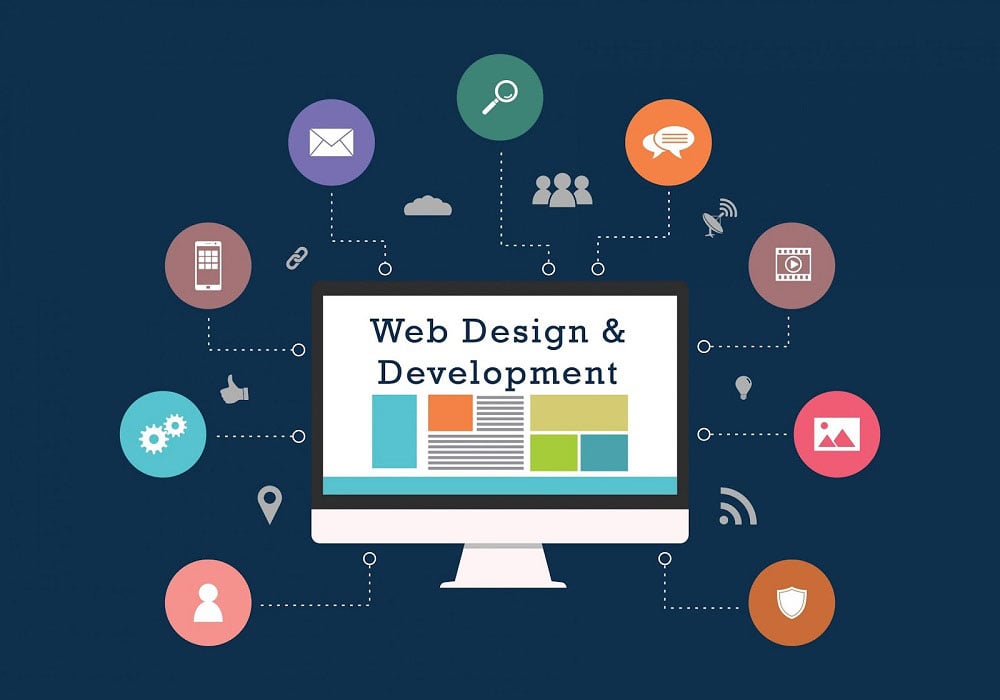
Website Design And Development Services
Website design and development services encompass the creation, structuring, and maintenance of website to ensure it is visually functional, and user-friendly.

Best IT Companies in Islamabad
Plan D Studios is a best IT company in Islamabad, specializing in web application development, software solutions, digital marketing, and IT services.
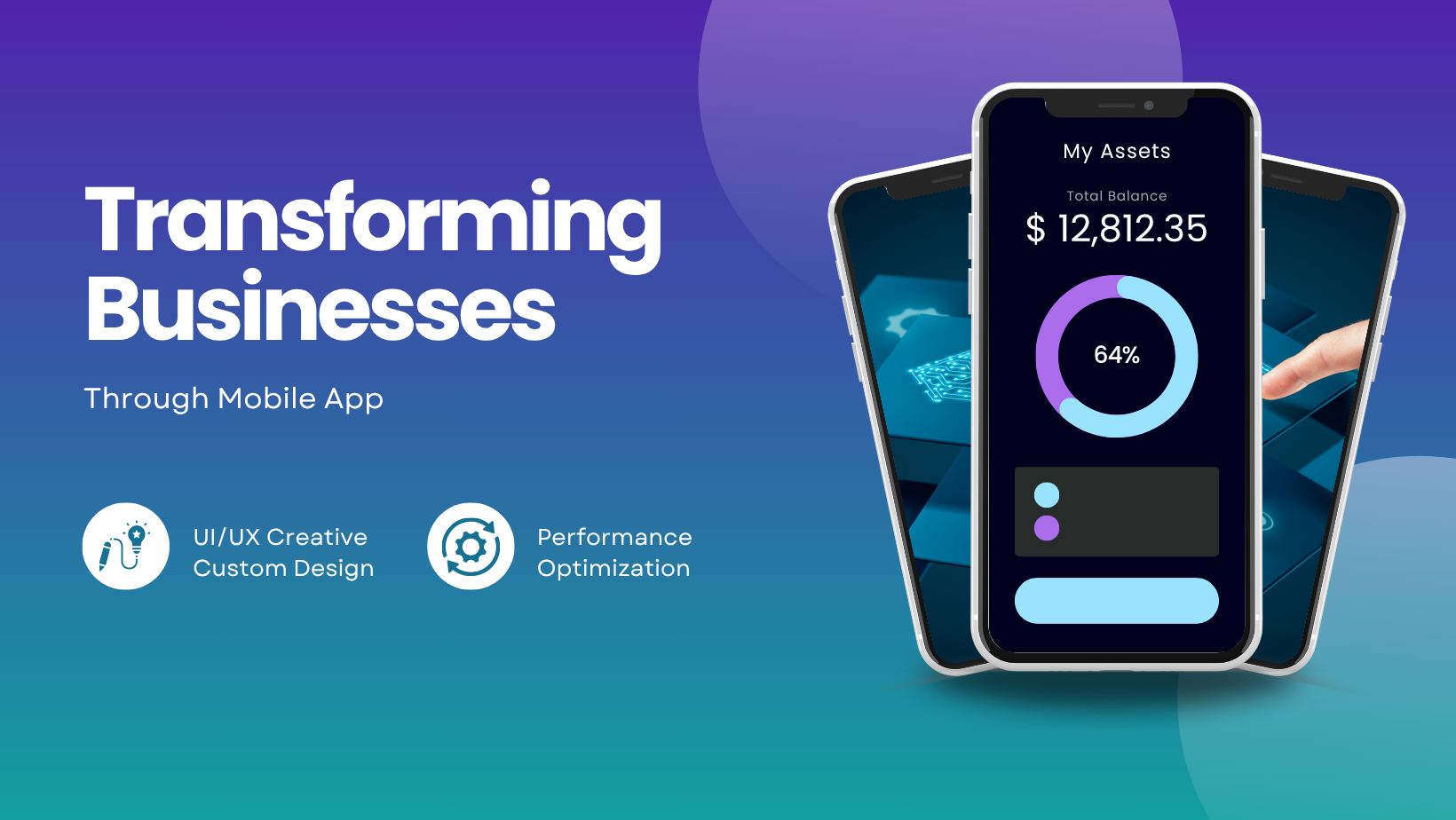
Transforming Businesses Through Mobile Apps
Businesses which don't adjust run the risk of slipping behind in today's mobile-first society. Mobile apps are no longer just a trend.

Digital Marketing & SEO Essentials Every Business Should Know
In today’s hyper-connected world, digital marketing isn’t a luxury, it's a necessity. With over 5 billion internet users globally.
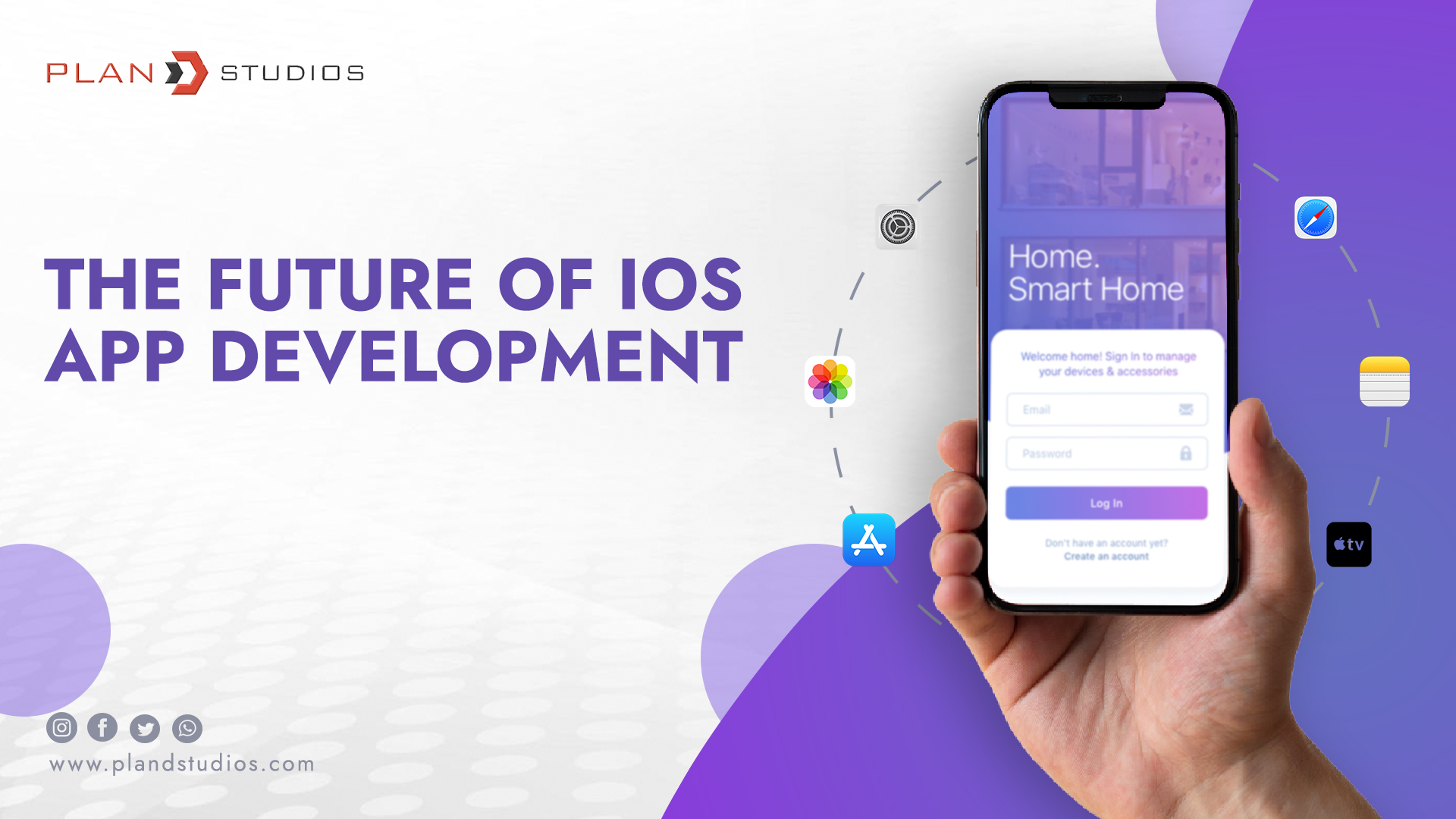
The Future of iOS App Development
As technology continues to evolve, the future of iOS app development looks more promising and more transformative than ever before.
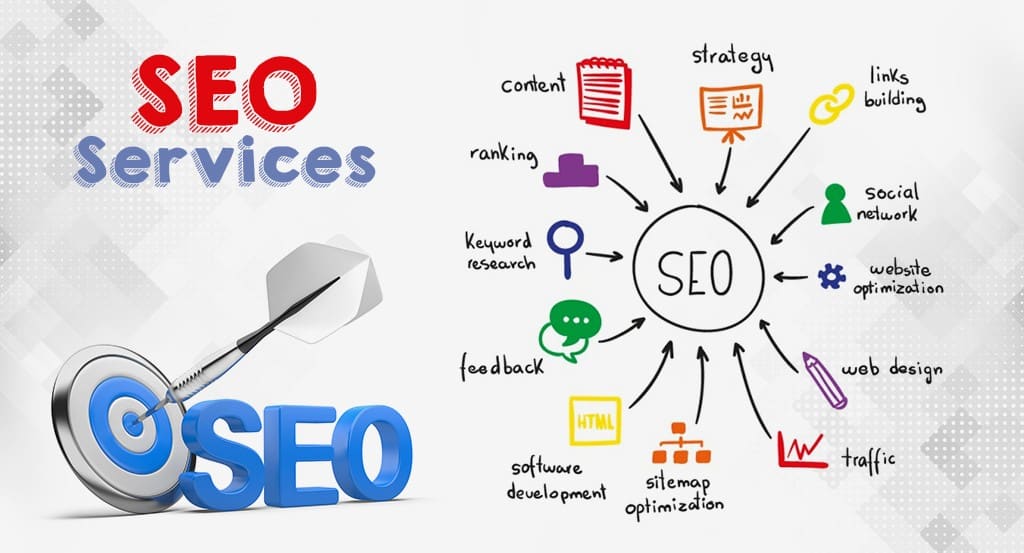
Custom SEO Services Tailored to Business Needs
In today’s competitive digital landscape, every business strives to secure a strong online presence.

Powerful IT Solutions That Drive Business Growth
In today’s fast-paced digital world, businesses are constantly seeking ways to improve efficiency, enhance customer experiences, and stay competitive.

Future of IT Consulting in Business Scalability
Discover how the future of IT consulting is driving business scalability through innovation, digital transformation, and smarter technology solutions.

Why SEO Is Still the King of Digital Marketing
Discover why SEO remains the king of digital marketing and how Plan D Studios helps brands achieve lasting growth, visibility, and online success.

How Blockchain is Changing Software Development
Learn how blockchain is transforming software development through decentralization, transparency, and smart contract automation.
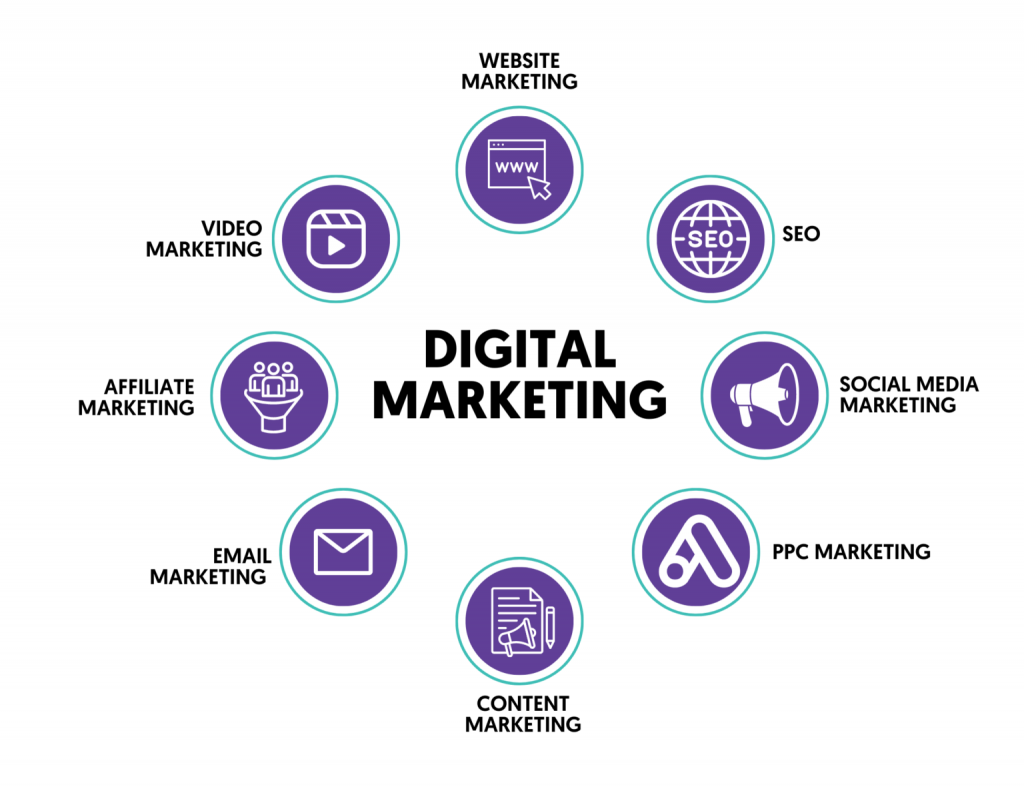
What To Look For In A Digital Marketing Plan For New Businesses
Explore the essential components of a digital marketing plan for new businesses and how it supports visibility, leads, and scalability.

The Competitive Advantage of Digital Solutions for Small Businesses
Digital solutions help small businesses automate tasks, improve customer experience, reduce costs, scale faster, and gain a lasting competitive advantage today.

Digital Words Need Digital Solution
Digital words need digital solutions—use SEO, AI, cloud tools, and smart software to solve online challenges and drive modern business growth.

Future of Business Apps: AI, Automation & Integration
Discover how AI, automation, and system integration are shaping the future of business apps, driving smarter decisions and scalable growth.


